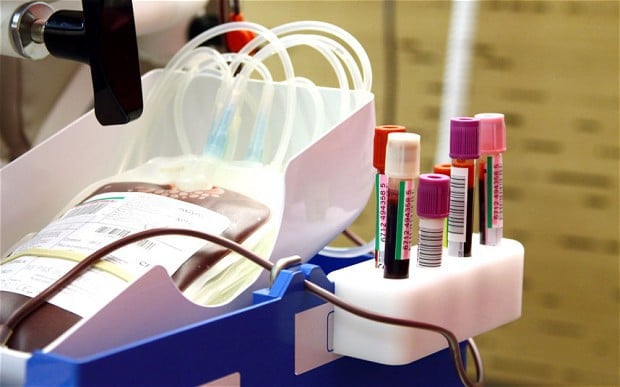
To date, scientists have recorded a total of 46 different blood group systems - Illustration: AFP
In 1972, doctors discovered that a pregnant woman's blood sample was missing an antigen that was present on the surface of all other red blood cells known at the time.
More than 50 years later, this strange defect has led a team of British and Israeli researchers to a new human blood group system.
“This is a huge achievement and the fruit of a long-term team effort to finally discover a new blood group system and be able to provide the best possible care for these rare but important patients,” said haematologist Louise Tilley, who works for the UK’s National Health Service (NHS). Tilley has been studying the mystery for nearly 20 years.
We often hear about the ABO blood group system (which includes blood types A, B, AB, and O) and the Rh factor (+ and -). However, humans actually have many different blood group systems based on the variety of antigens on the surface of red blood cells.
According to ScienceAlert on September 18, as of November 2023, the International Society of Blood Transfusion (ISBT) has recorded a total of 45 different blood group systems, including the Er blood group system discovered in 2022. After solving the above mystery, we have a new blood group system called MAL.
The discovery of a new blood group system was difficult because genetic cases of this type are very rare. The AnWj antigen that was missing in the blood of pregnant women in 1972 is present in more than 99.9% of people worldwide. This antigen exists on the protein myelin and lymphocytes, so the team named the blood group system MAL.
When a person has both copies of the MAL gene mutated, they will have the AnWj- blood type, like the pregnant woman in 1972. Interestingly, all patients with the AnWj- blood type have the same mutation.
The team has now identified the genetic markers responsible for the MAL mutation. Patients with this blood group system can be tested to confirm whether they have AnWj-, whether it is inherited or suppressed (caused by certain blood disorders).
The more we understand about the properties of rare blood group systems, the more lives we can save, the researchers say.
The study was published in the journal Blood of the American Society of Hematology.
Source: https://tuoitre.vn/phat-hien-he-nhom-mau-moi-o-nguoi-20240919125338222.htm


![[Photo] Hanoi flies flags at half-mast in memory of comrade Khamtay Siphandone](https://vstatic.vietnam.vn/vietnam/resource/IMAGE/2025/4/5/b73c55d9c0ac4892b251453906ec48eb)





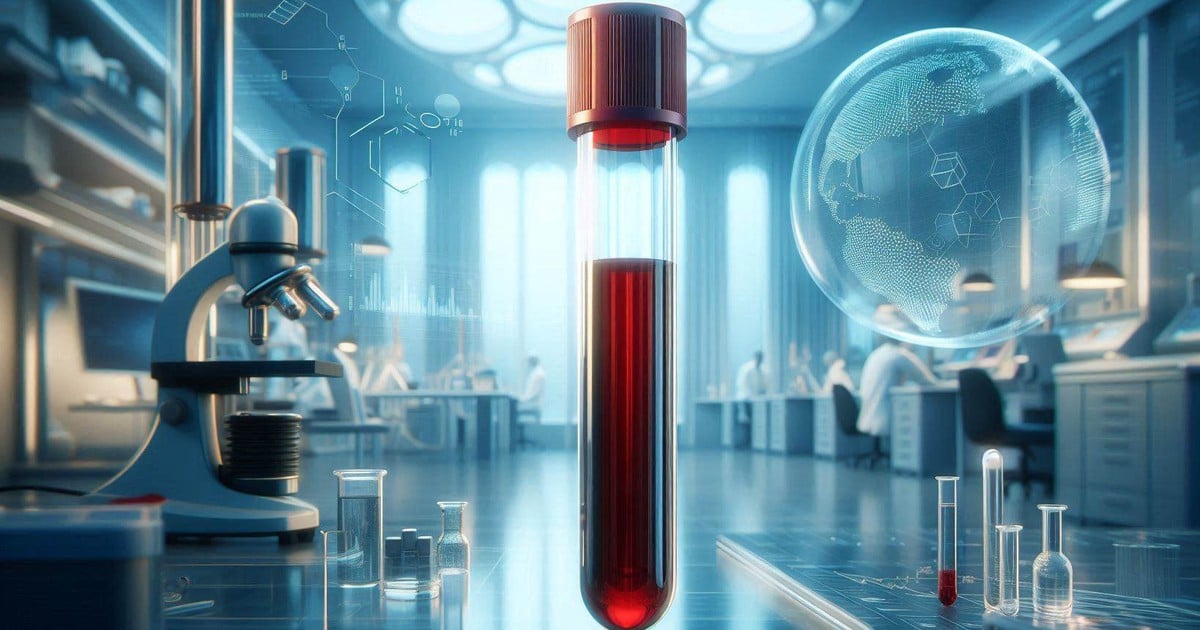

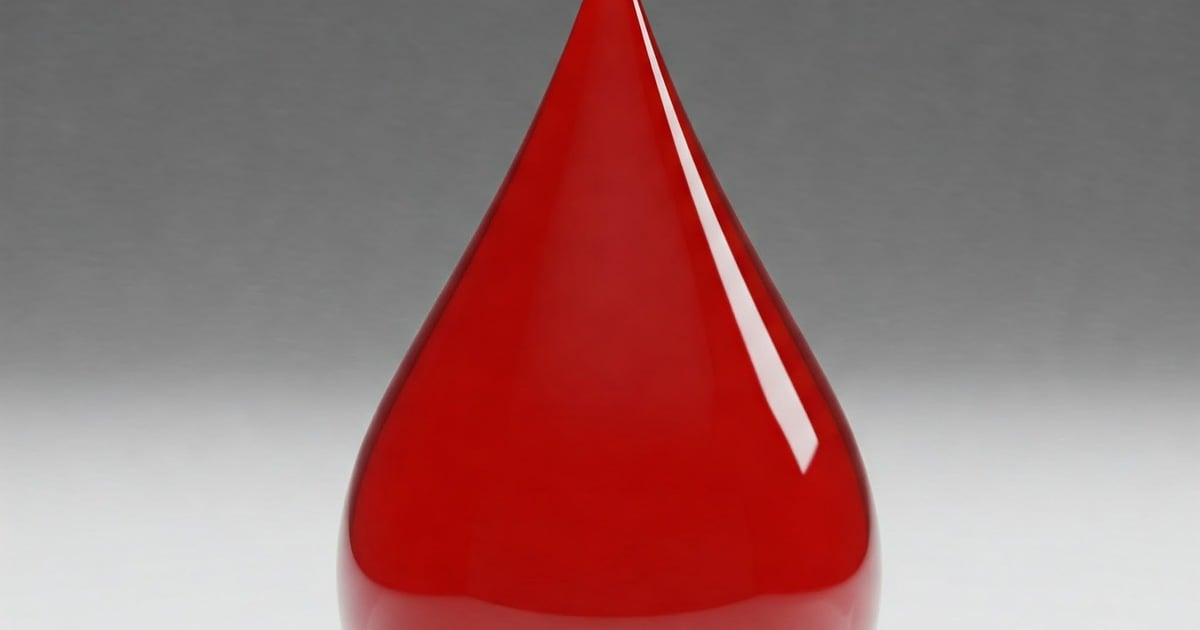

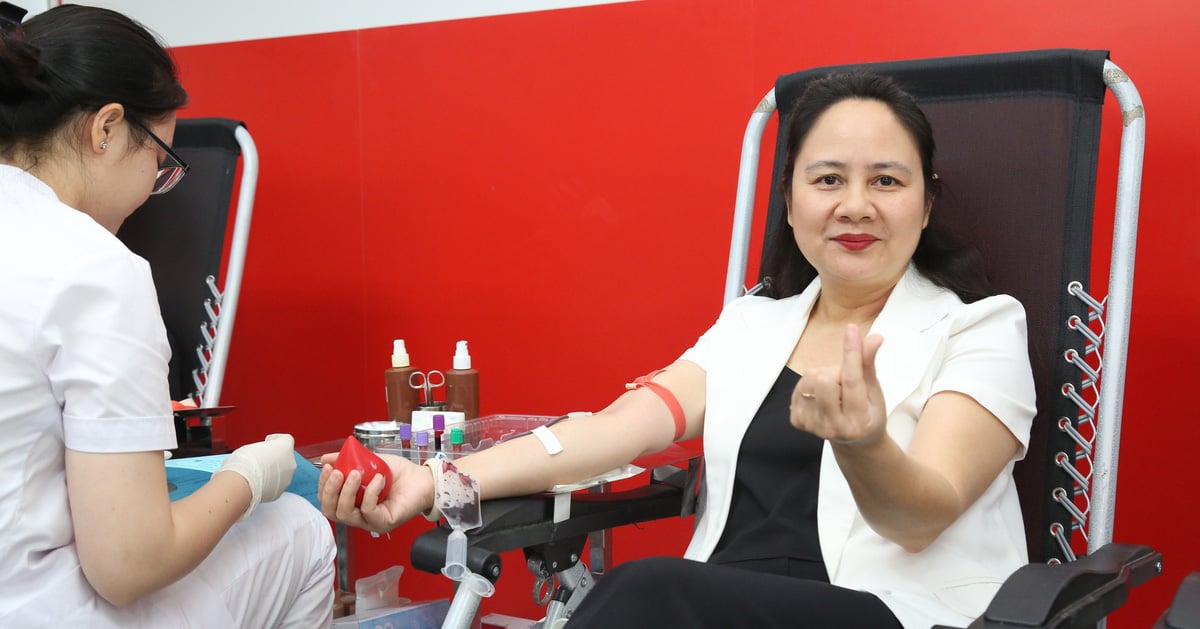

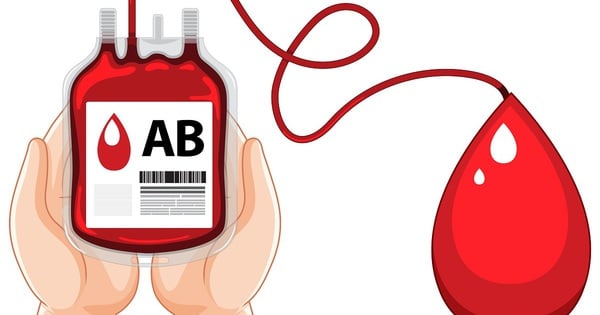
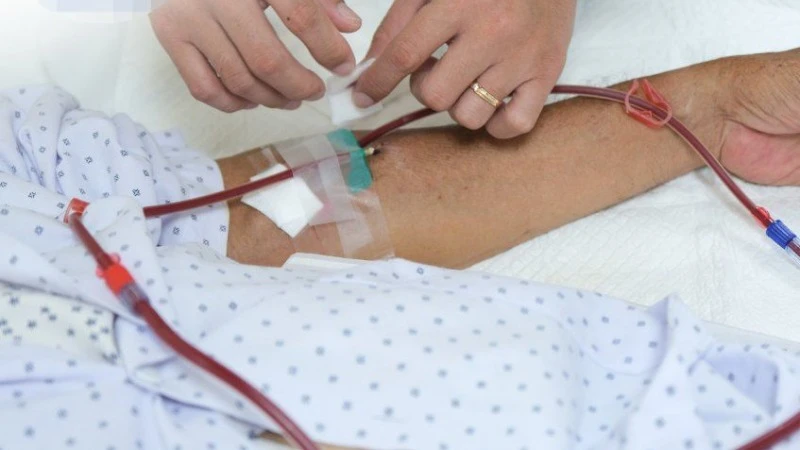


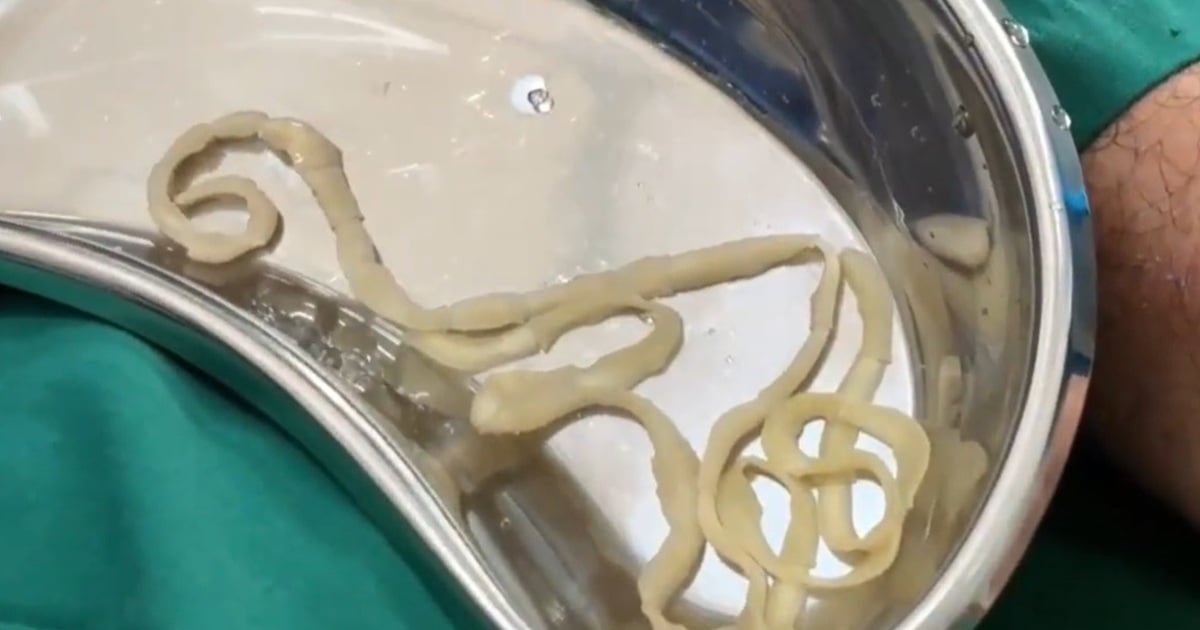
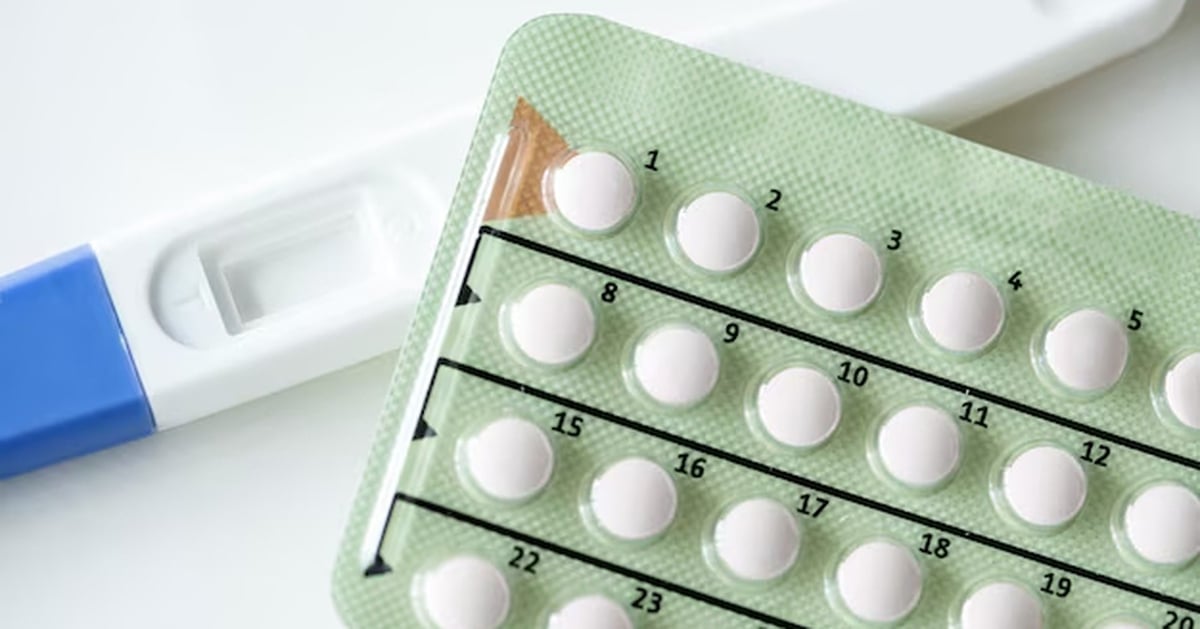
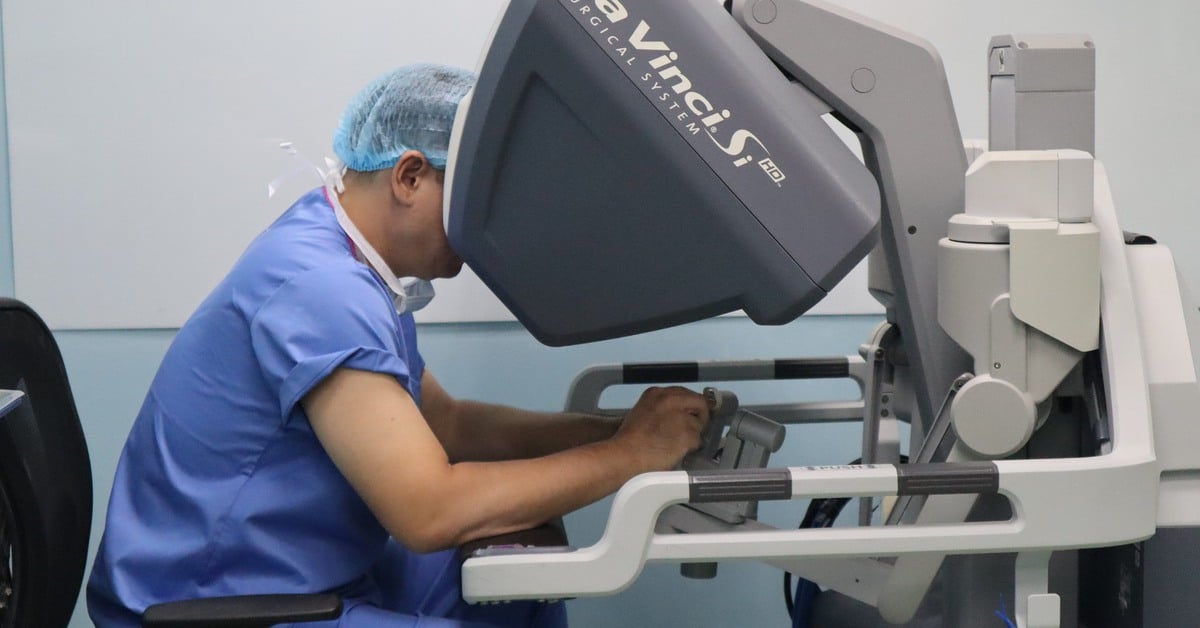






![[Photo] Prime Minister Pham Minh Chinh chairs meeting on US imposition of reciprocal tariffs on Vietnamese goods](https://vstatic.vietnam.vn/vietnam/resource/IMAGE/2025/4/5/9b45183755bb47828aa474c1f0e4f741)
![[Photo] Dong Nai people warmly welcome the forces participating in the parade](https://vstatic.vietnam.vn/vietnam/resource/IMAGE/2025/4/5/ebec3a1598954e308282dcee7d38bda2)





















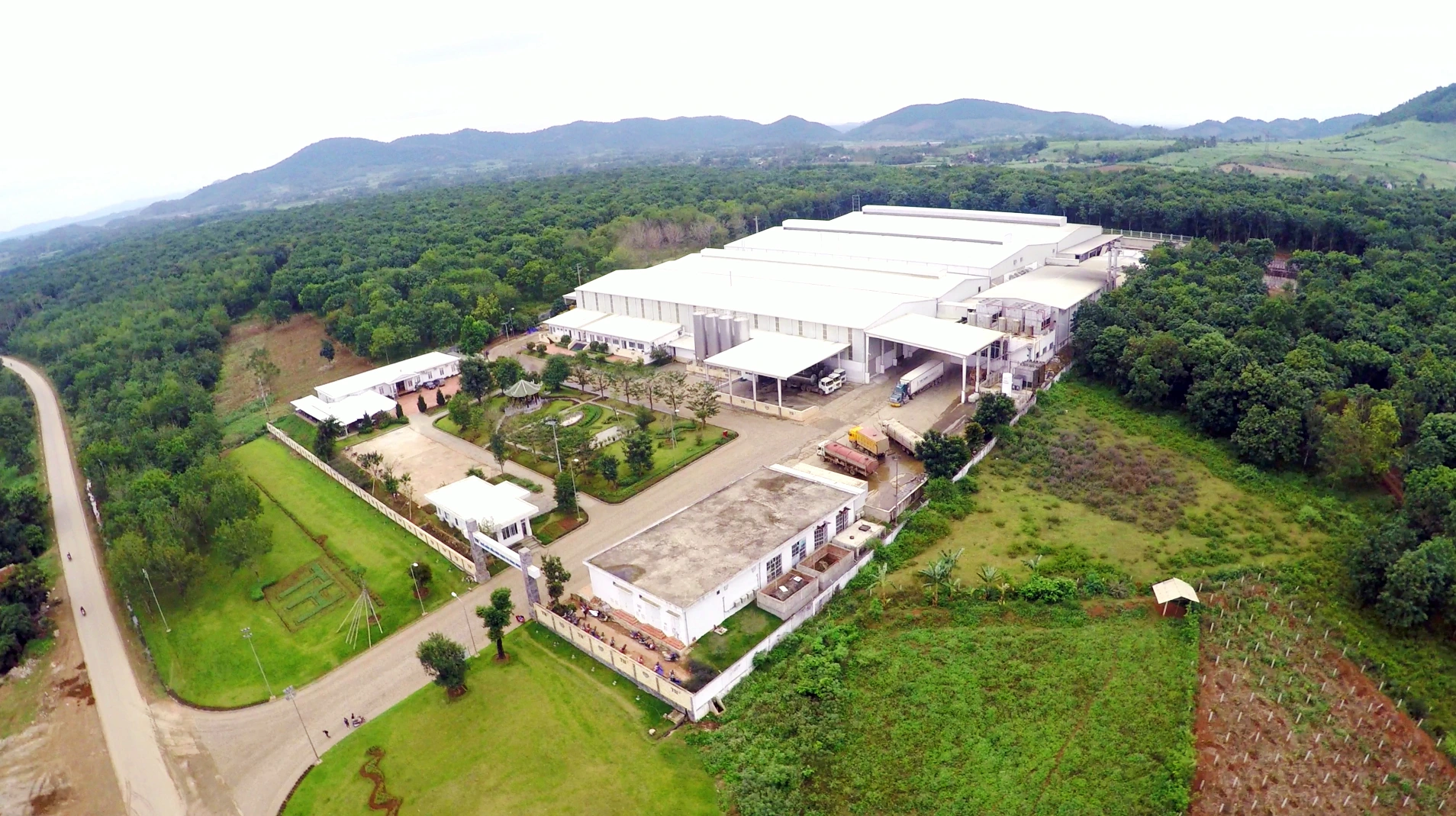



























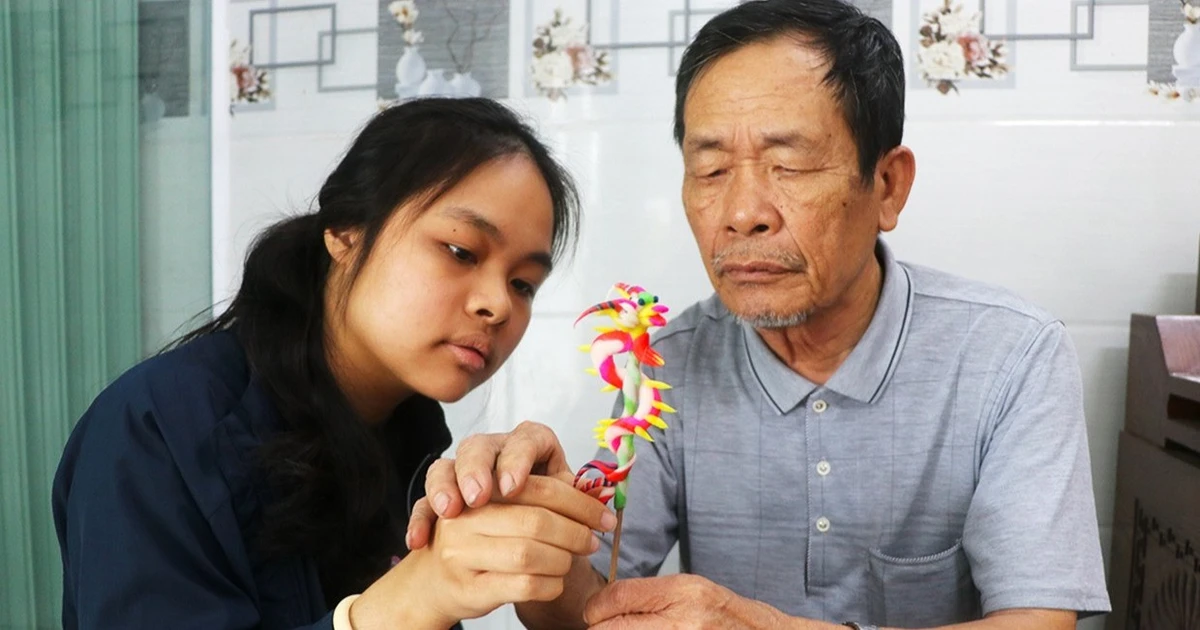





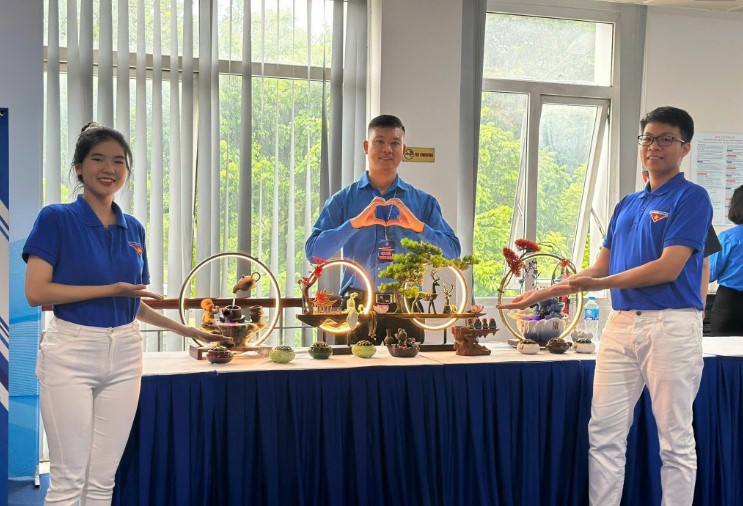






Comment (0)